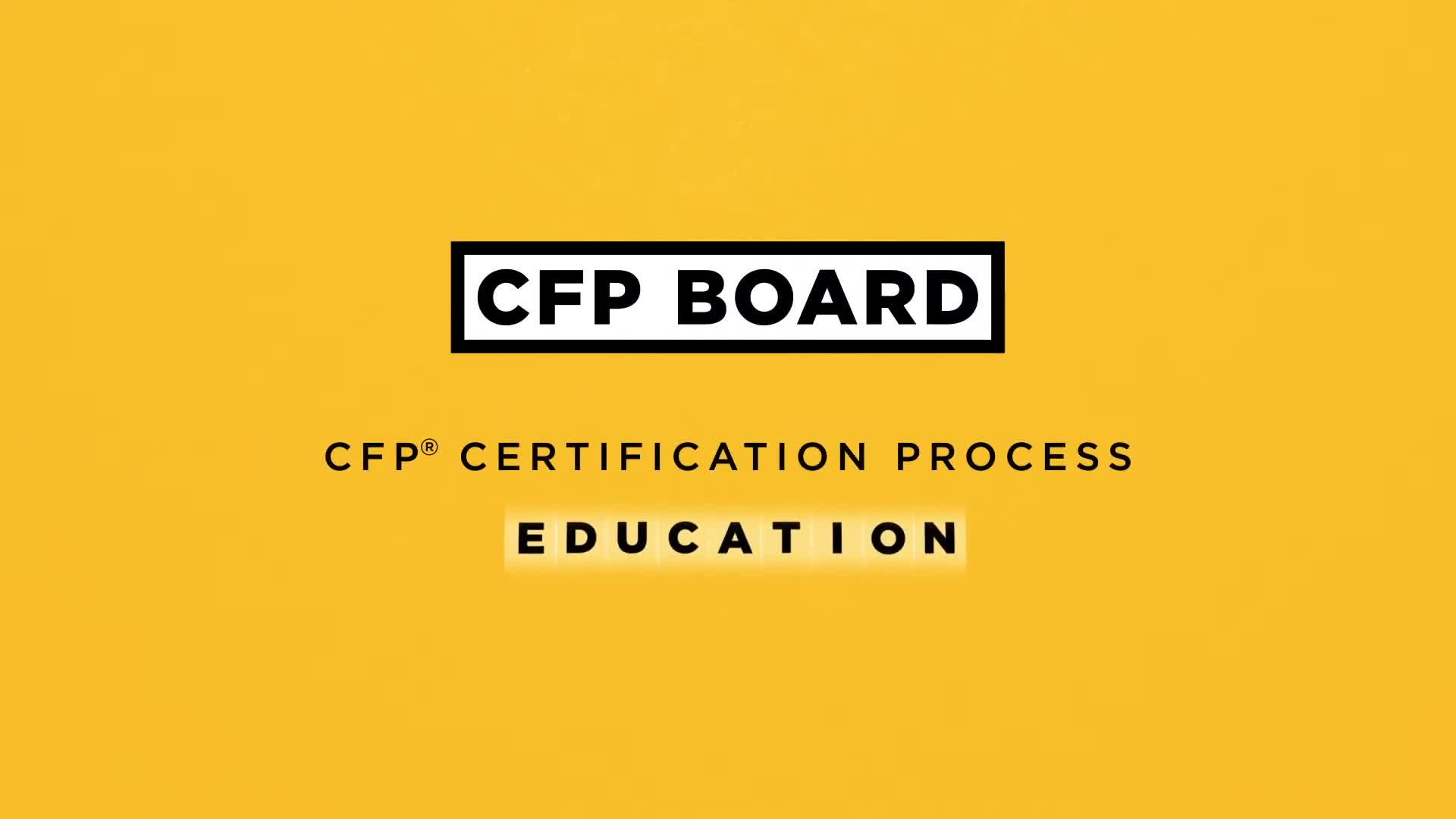Career Development
Career development is an ongoing and structured process that empowers individuals to acquire new skills, knowledge, and experiences that propel them toward their long-term professional goals. This multifaceted journey encompasses both self-directed initiatives, such as pursuing professional development courses and establishing mentorships, as well as organizational support mechanisms, where employers facilitate career advancement by aligning growth opportunities with employee aspirations. Essential to effective career development is the initial self-assessment phase, which helps individuals identify their strengths, interests, and values, forming the foundation for setting realistic, measurable career goals. In the context of recent workforce changes, the concept of career development highlights the intersection of personal ambitions and company objectives. Organizations increasingly recognize that investing in employee professional development not only enhances workforce competency but also yields business benefits through improved job promotion strategies and employee retention. As the landscape of work continues to evolve, notably with the rise of hybrid work environments and the integration of artificial intelligence across industries, adaptability and continuous learning become paramount. Professionals are now expected to embrace lifelong learning and specialization to meet fast-changing demands, ensuring they remain competitive in a technology-driven work environment. Overall, contextualizing career development in today’s dynamic professional landscape involves recognizing its role in achieving fulfillment, resilience, and long-term success.
What are the two parts of the CFP certification education requirement?
The CFP certification education requirement consists of two key components. First, candidates must complete coursework through a CFP Board registered program, covering essential topics like income planning, risk management, investments, retirement planning, and estate planning. This culminates in a capstone course where students create a comprehensive financial plan. Second, candidates must submit their bachelor's degree transcript for verification. The degree can be in any discipline and submitted at any time, even after taking the CFP exam. Notably, those with certain credentials may qualify for an accelerated path, allowing them to skip most coursework and proceed directly to the capstone course.
Watch clip answer (01:33m)How can LinkedIn be effectively used for remote job hunting?
LinkedIn is a powerful platform for remote job hunting when used strategically. Job seekers should focus on engaging with posts from recruiters and hiring managers by commenting and messaging, rather than just applying through the job section. Use the search bar with keywords like "hiring remote" to find opportunities, as recruiters post jobs daily. LinkedIn's value comes from being a one-stop platform where you can find jobs, network with professionals, and apply all in one place. The platform offers transparency features like seeing how many people have applied, filtering for recently posted positions, and finding jobs with fewer applicants, making it more effective than other job boards.
Watch clip answer (06:24m)What is transferable skills assessment and why is it important for addressing the AI skills gap?
Transferable skills assessment is a process that evaluates skills people already possess that can be applied to new roles. Margaret recommends this approach as essential for talent development leaders to identify existing capabilities within their workforce. This assessment is crucial for overcoming the skills gap in AI-driven roles because it helps organizations recognize what skills people have today rather than just focusing on skill shortages. By clearly defining and evaluating transferable skills, companies can redesign job descriptions to be skill-based and create non-traditional career pathways, enabling women and others to transition into AI roles through alternative routes.
Watch clip answer (02:16m)What are the three practical research strategies for job interview preparation?
Jeff Su recommends three effective research strategies for interview preparation. First, use Google Alerts to stay updated on your target company's news and job postings by creating customized alerts with search operators. Second, utilize Google Trends to understand how demand for company products has changed over time, providing insights on industry direction and talking points for interviews. Third, access the Vault Career Library for exclusive reports and company reviews, particularly helpful for college students with university access to premium databases. These tools help you prepare meaningful answers, engage in informed small talk, and ask insightful questions that demonstrate thorough research.
Watch clip answer (04:04m)What are the seven essential things to research about a company before a job interview?
Before a job interview, research these seven key areas: 1) Company basics - clients, products, services, and industry competition through their website and LinkedIn profile. 2) Company values and candidate expectations through mission statements and job descriptions. 3) Information about your interviewer to establish meaningful connections. 4) Key organizational players to understand leadership and company direction. 5) Competitive landscape to gauge the company's industry position. 6) Employee insights from Glassdoor to learn about culture and salary information. 7) Recent news and events to stay current on company developments and initiatives.
Watch clip answer (06:49m)How did Danny transform from a games tester to a successful app developer?
After completing his university degree with high scores in web development, Danny initially struggled with low self-belief, remaining in a low-paid games tester job for a year despite his qualifications. Eventually, he took action by applying for web developer positions and secured his first job, steadily building his skills and advancing to lead roles. Danny's confidence breakthrough came when he won first place in a CSS Off competition against 400 competitors, proving to himself he could achieve success. This led him to create his first app—Speed Distance Time Calculator—which immediately generated passive income. This success enabled him to build multiple apps, ultimately creating enough passive income to quit his job and focus full-time on his own products.
Watch clip answer (03:43m)




